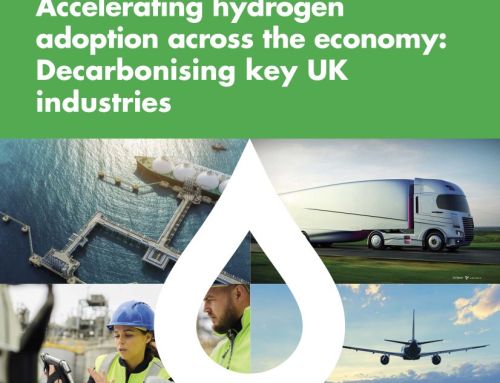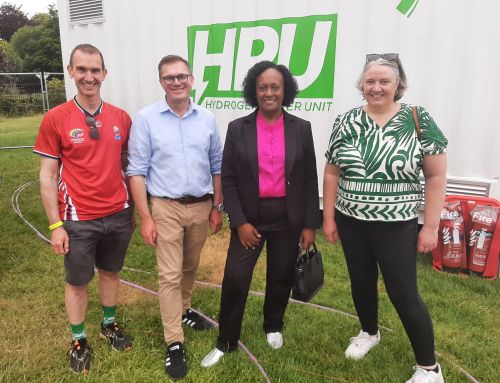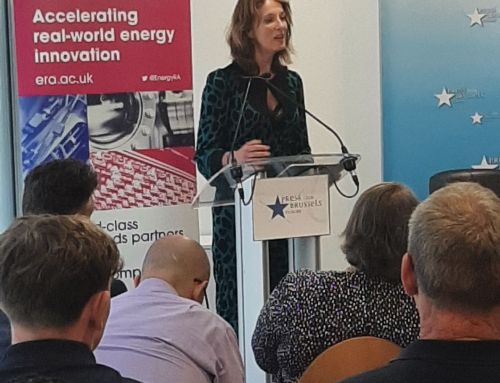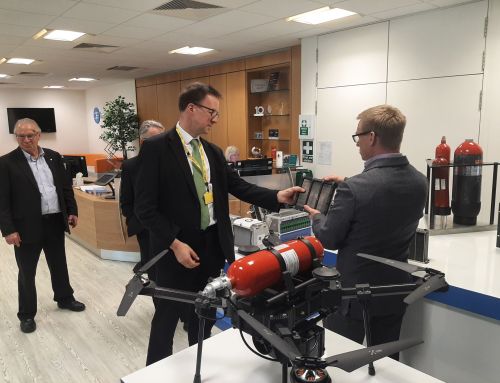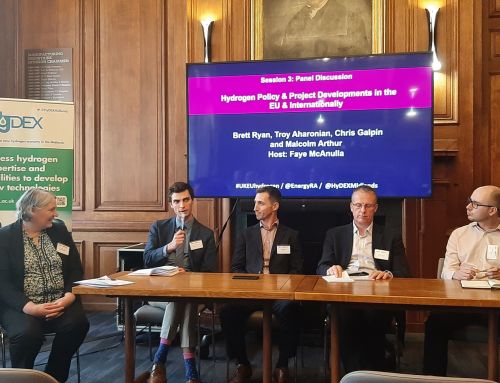Keele’s Smart Energy Network Demonstrator set to save 4000 tonnes of CO2 each year!
Keele University is aiming to create Europe's first multi-energy vector Smart Energy Network Demonstrator (SEND).
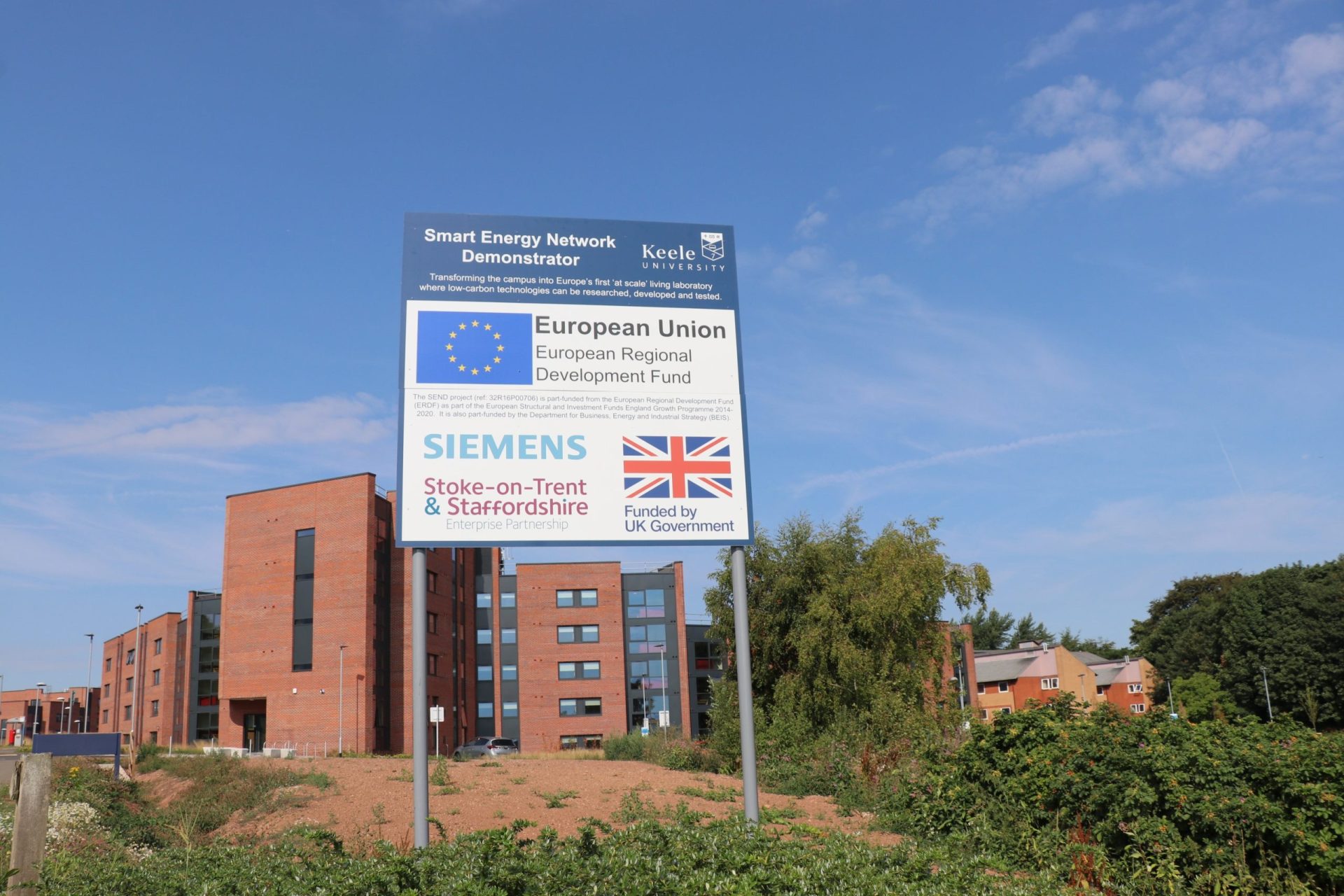
Sustainability is a priority at Keele University. Through the actions that it is taking, the University aims to become more energy self-sufficient with increased carbon saving, whilst also becoming a national research and development facility that undertakes world-leading research into environmental sustainability.
One of the initiatives that Keele is undertaking in order to achieve this ambition sees the University working with businesses, graduates and academics to create Europe’s first ‘at scale’ multi-energy vector Smart Energy Network Demonstrator (SEND).
Based on the University’s privately-owned and operated utility networks (power, gas, heat, telecoms, water and waste-water), the project will see the UK’s largest university campus transformed into a living laboratory where new low-carbon technologies and interventions can be researched, developed and tested in a real-world environment.
Transforming the Keele University campus will provide a unique testing site model due to the diverse range of activities and facilities within it – 3,100 students in halls of residence, 1,000 commercial users on the Science and Innovation Park, 200 ‘standard’ domestic households, and academic activities serving more than 10,000 students.
As part of the project, the University is working with local partners, industry giants and talent graduates to research and develop a wide range of smart energy innovations, from cross-vector technologies and updated approaches to demand side management, through to behavioural interventions, new approaches to low-carbon generation and storage, and revised contexts for regulatory and business models.
Part of the New Keele Deal – the University’s plan for investment in innovation-led local growth – it is estimated that, by 2023, the SEND project will support more than 240 local businesses, create up to 440 higher-value jobs and annually save around 4,000 tonnes of Carbon Dioxide.
The SEND programme is part-funded by the European Regional Development Fund (ERDF) as part of the European Structural and Investment Funds Growth Programme 2014-2020 and from the Department for Business, Energy and Industrial Strategy (BEIS). The Department for Communities and Local Government (and in London the intermediate body Greater London Authority) is the Managing Authority for European Regional Development Fund.
